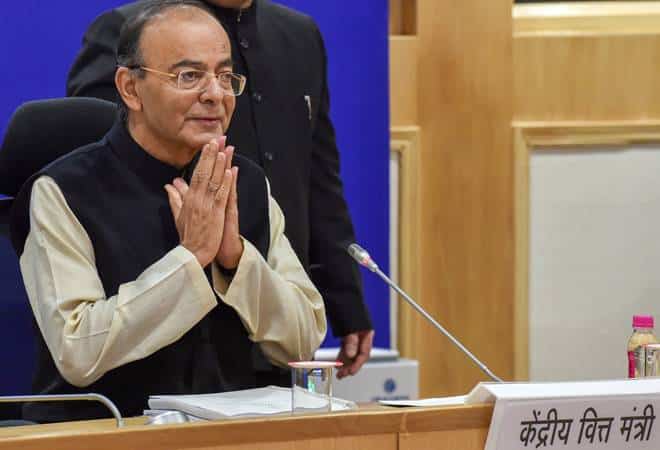Know New PAN Card Rules To Come Into Effect From December 5
The new rules will become applicable from December 5, said the CBDT notification. The Income Tax Department has released a new set of rules for PAN (permanent account number) card applicants. The new PAN card rules, to come into effect from December 5, 2018, require financial entities which make transactions worth Rs. 2.5 lakh or more in a financial year to apply for a PAN card, the Central Board of Direct Taxes (CBDT). A person other than an individual, who enters into a financial transaction of an amount of Rs. 2.50 lakh or more in a financial year, also needs to apply for a PAN card on or before the May 31, 2019, said CBDT in a notification earlier this week.

The Income Tax Department also announced changes in the application form of a PAN card.
Here are five things to know about new PAN card rules:
1. In case a managing director, director, partner, trustee, author, founder, karta, chief executive officer, principal officer or office bearer (or any such person who does not have PAN), he/she will also be required to apply for PAN on or before May 31 of the following financial year, the notification said.
2 With the new rules, resident entities will have to obtain PAN card even if the total sales, turnover or gross receipts are not likely to exceed Rs. 5 lakh in a financial year, said Suraj Nangia, Partner, Nangia Advisors LLP. “This will help the income tax department track financial transactions, broaden its tax base and prevent tax evasion”.
3. The Income Tax Department also announced certain changes to the application form for PAN. It amended the income tax rules and said that quoting of father’s name in PAN application forms would not be mandatory in certain cases.
4. The amended rules provide that furnishing of father’s name will not be mandatory for a person whose mother is a single parent. The new rules will become applicable from December 5, said the CBDT notification.
5. PAN is an identification number assigned to income tax assessees in the country. It is required for financial transactions such as opening of a bank account and filing of income tax returns (ITR).

K.C. MAHATO is expert in GST Consultancy and has an experience of more than 10 years in Indirect tax, Direct Taxes and the accounting profession. He is also giving GST Practical Training to Students and SME Traders. He provide services that most effectively meet client needs. His experience is concentrated in performing GST Laws & Practices and compliances of gst in a variety of industries.


